Tehran sparing no effort to hold anti-Iran terrorists accountable: FM spox
Iranian Foreign Ministry spokesman Nasser Kan’ani says Tehran’s efforts to pursue and prosecute anti-Iran terrorists are “ongoing”, slamming certain Western countries for supporting them, especially those affiliated with the Mujahedin-e-Khalq terrorist organization (MKO).
Iran has been pursuing terrorists, both politically and legally, in different ways, Kan’ani said at a press conference on Monday.
“We did not spare any effort to prosecute those who committed terrorist crimes against the Iranian nation,” Kan’ani added.
His remarks come as the Albanian police recently conducted raids on MKO camps.
Albanian police forces entered the MKO camp, known as Ashraf-3, on June 20 due to its engagement in “terror and cyber attacks” against foreign institutions.
Authorities seized 150 computer devices linked to terrorist activities. At least one person was killed and dozens of others were injured during the clashes at the camp.
Reports suggest that an MKO member killed in the raid was a high-profile commander of the terrorist group named Abdolvahhab Faraji. He was said to be an expert in military engineering operations, and was apparently in charge of technical and engineering activities during an anti-Iran operation by the terrorists in July 1988.
More than a week later, police in Albania entered the Ashraf-3 camp again and security forces were deployed at the entrance to the camp and controlled all vehicles leaving the site.
Kan’ani slammed certain countries that claim to be advocates of human rights but instrumentally use terrorist groups, particularly the MKO, and host its meetings.
He decried France for hosting the latest meeting of MKO, describing it as a “non-constructive” move by Paris.
“The French government must tell the Iranian government and nation what’s its justification for staining its hands with the blood” of thousands of Iranian nationals, the spokesman said, noting that the MKO was also involved in the riots that took place in the country.
Riots broke out in Iran last month after a young Iranian woman, identified as Mahsa Amini, died. The 22-year-old fainted at a police station in the capital Tehran and was later pronounced dead at a hospital.
An official report by Iran’s Legal Medicine Organization said that Amini’s controversial death was caused by an illness rather than alleged “blows to the head” or other vital body organs.
The MKO has carried out numerous terrorist attacks against Iranian civilians and government officials since the victory of the Islamic Revolution in 1979. Out of the nearly 17,000 Iranians killed in terrorist attacks over the past four decades, about 12,000 have fallen victim to the MKO’s acts of terror.
The European Union, Canada, the United States, and Japan had previously listed the MKO as a “terrorist organization.”
In 2012, the group was taken off the US list of terrorist organizations. The EU followed suit, removing the group from its list of terrorist organizations.
‘French people angry at police brutality’
Elsewhere in his remarks, Kan’ani touched on demonstrations that have engulfed France over the police shooting of Nahal, a teenager of North African descent that followed a traffic stop on Tuesday.
“Those protests are against the country’s police brutality,” the spokesman said.
Noting that France lectures other countries on human rights, Kan’ani stressed that the Paris government should rather honor their own declared slogans.
He urged the French authorities to “stop using violence against protesters” and to “end acts of racism” in the country and “pay attention to the legitimate demands of the French people and protesters.”
‘Sweden’s apology not enough’
Regarding the desecration of the Holy Qur’an in Sweden that sparked a backlash across the Muslim world, Kan’ani said “Sweden’s apology is not enough”, urging the government to prevent the repetition of such blasphemous actions.
“The Swedish government must stop the repetition of such incidents,” he said.
That comes as the Iraqi Foreign Ministry said it had received a letter from the Swedish government that expresses “deep regret” over a Qur'an burning outside a Stockholm mosque.
In a statement on Friday, the Iraqi ministry said the Swedish Foreign Ministry had sent a letter to the Organization of Islamic Cooperation's member states, denouncing the anti-Islamic acts and views of a man who burned the Qur'an and stressing that the Swedish government did not support or condone them in any way.
The 37-year-old Iraqi man stomped on the Qur'an before setting several pages alight in front of Stockholm's largest mosque last Wednesday. The insult to the Muslim holy book was made under the authorization and protection of the Swedish police.
VIDEO | Hezbollah takes ‘elite’ Israeli brigade under rocket salvo; strikes ground forces base for 1st time
Iran calls on UN Security Council to slap effective, comprehensive sanctions on Israel
Germany says to join ‘nuclear’ talks with Iran, UK, France
Israeli commander resigns after researcher killed in Lebanon
Iran says gas supply to Iraq flowing normally
UAE says 3 Uzbeks arrested over Israeli-Moldovan rabbi's murder
Lebanon, Israel almost 'close' to ceasefire deal, officials say
Heavy rains flood tents in Gaza as Israel intensifies attacks


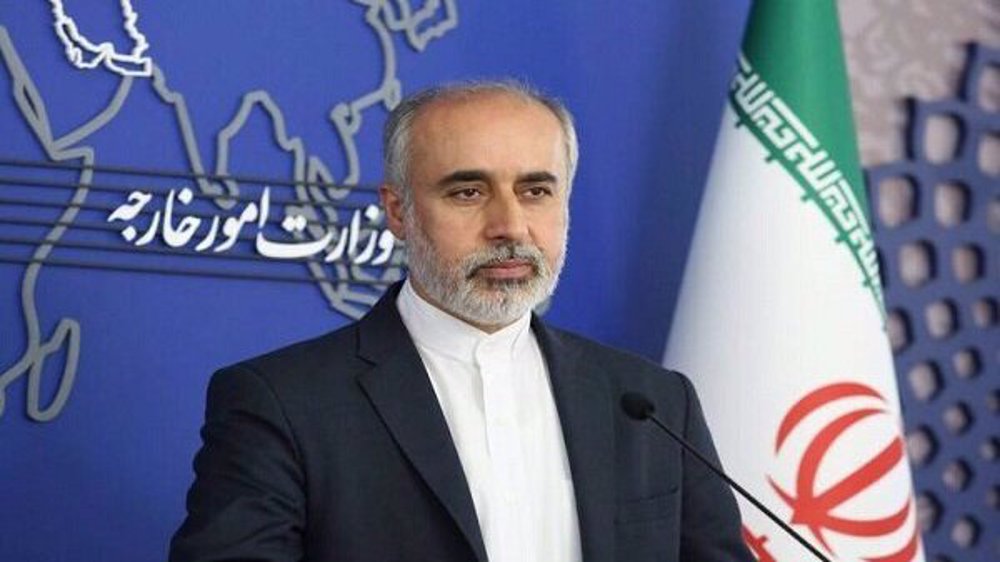
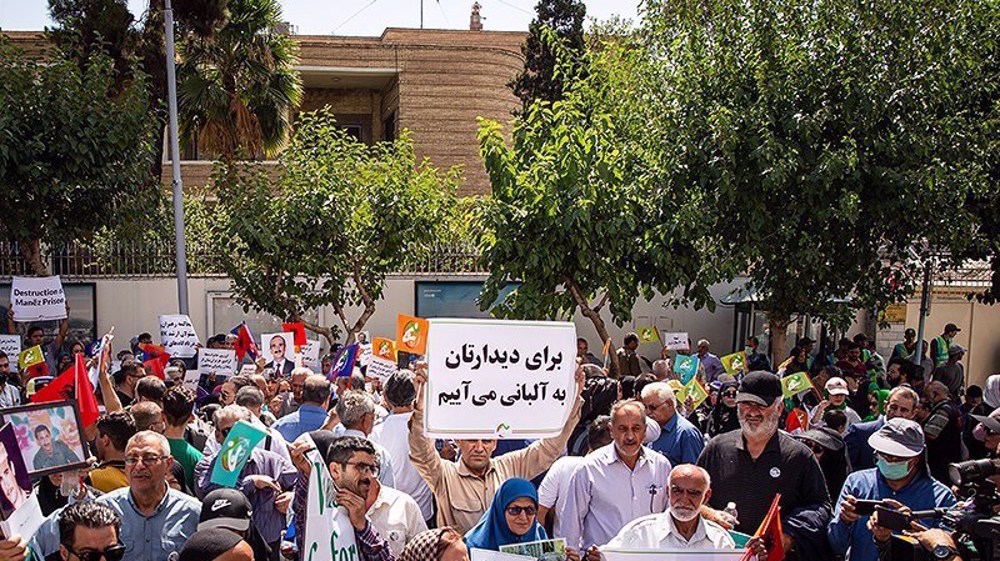
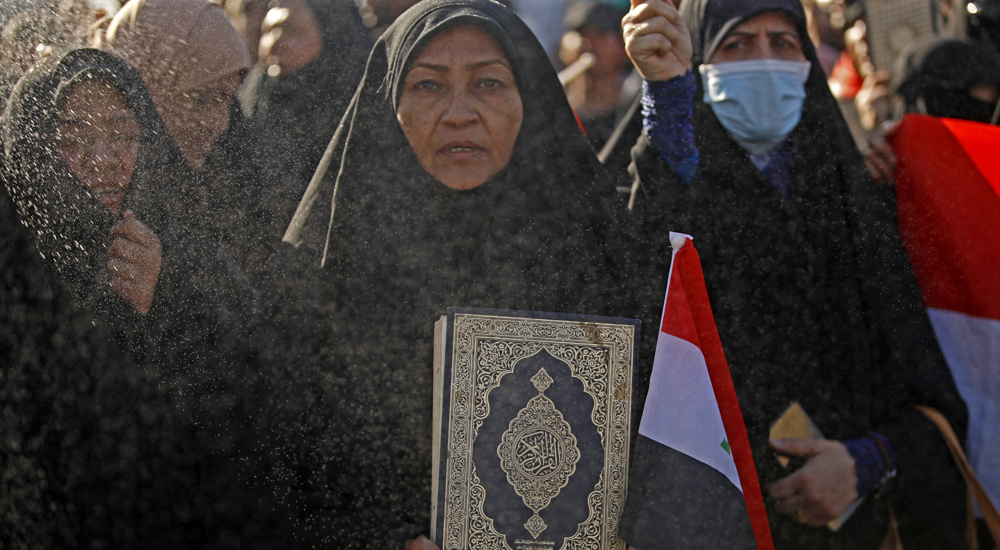
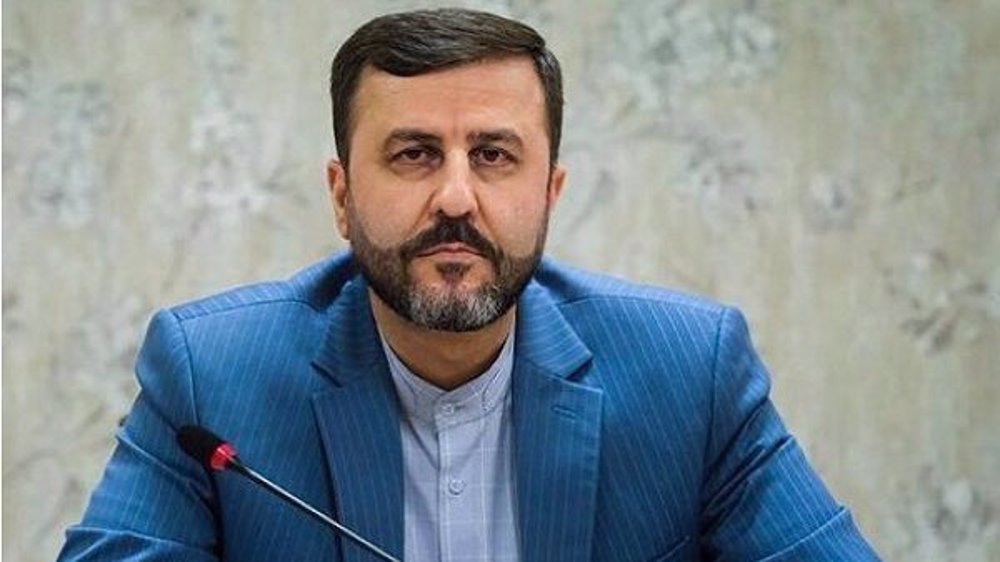
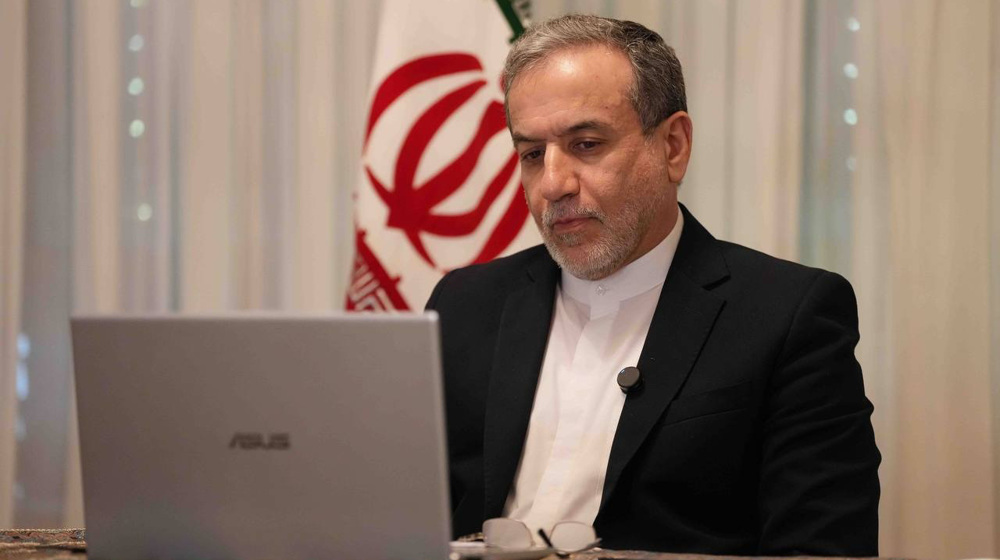
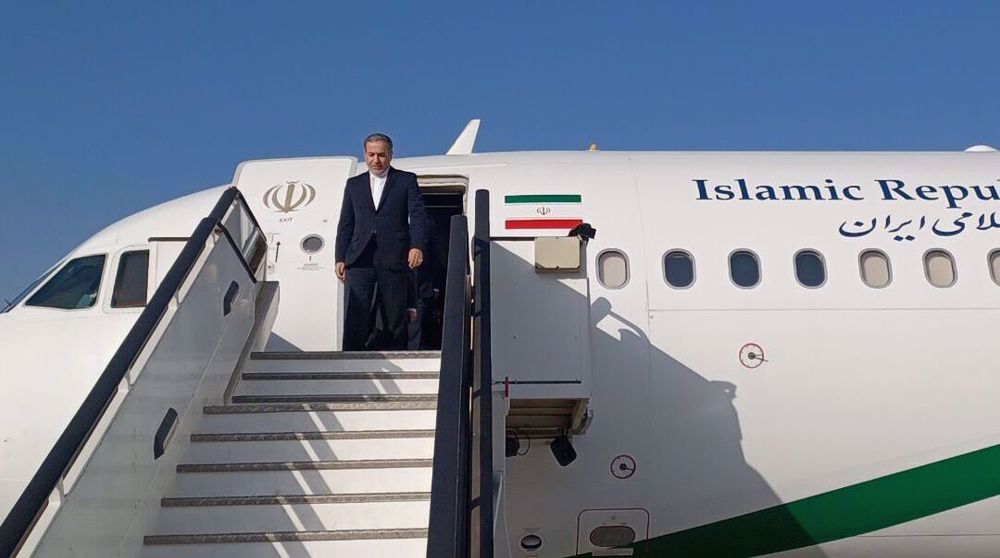



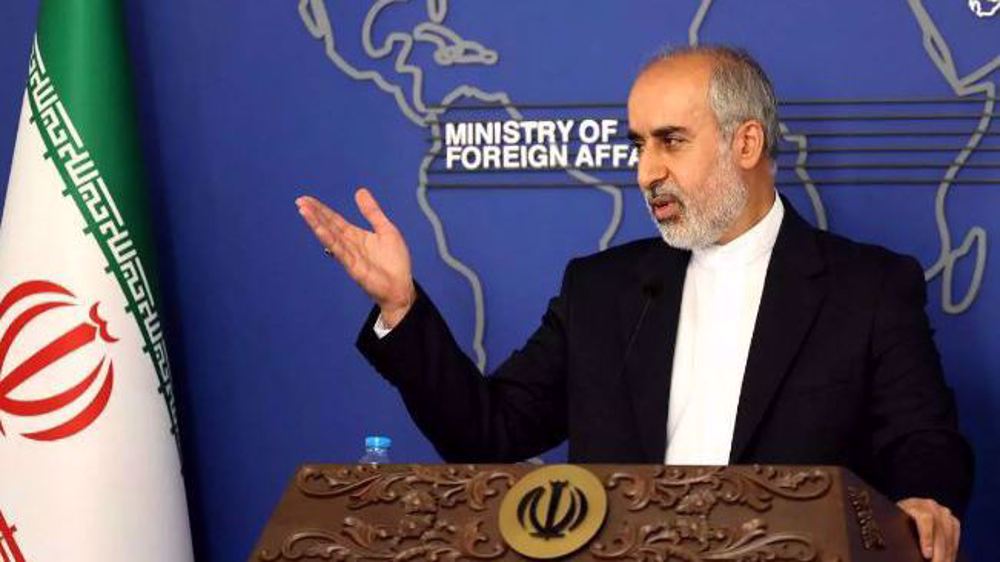
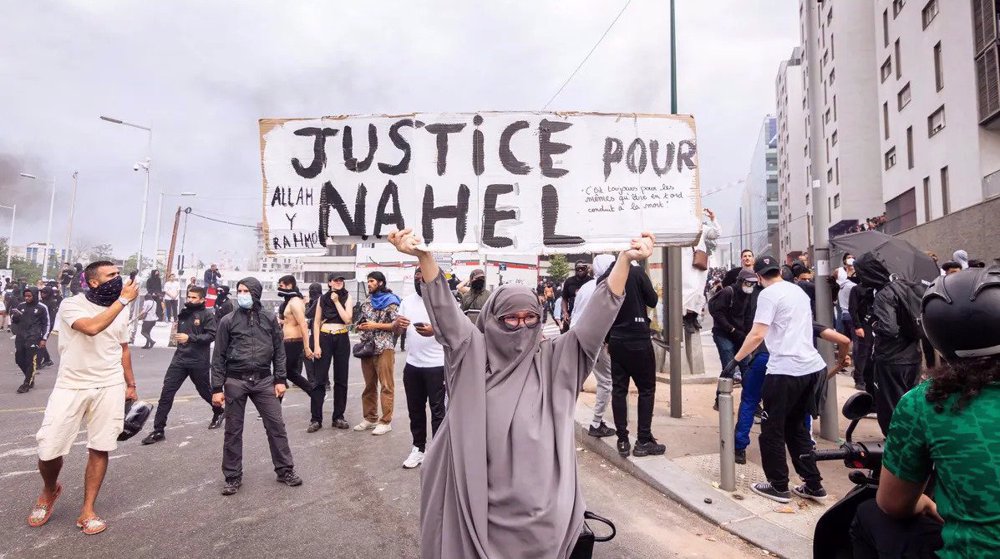
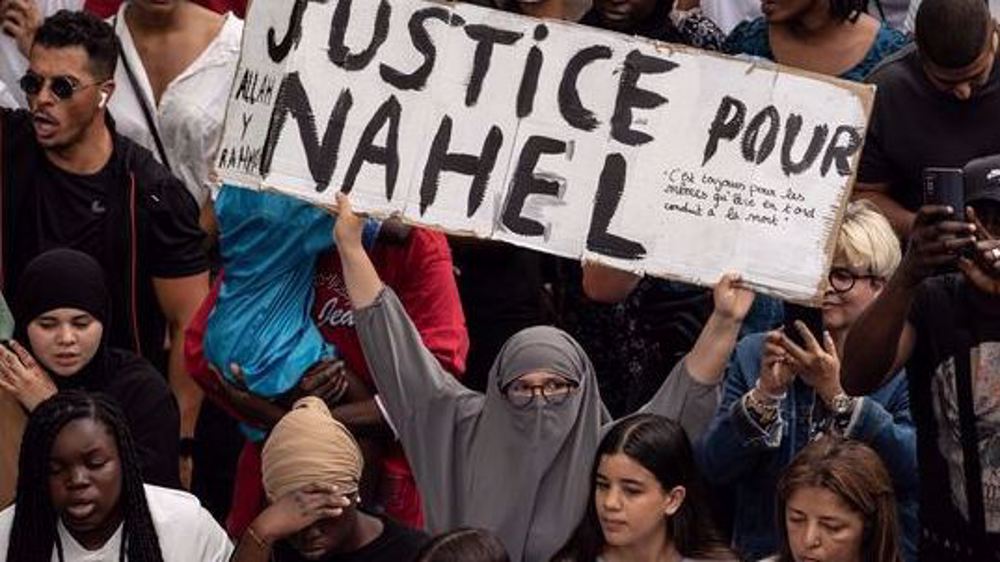
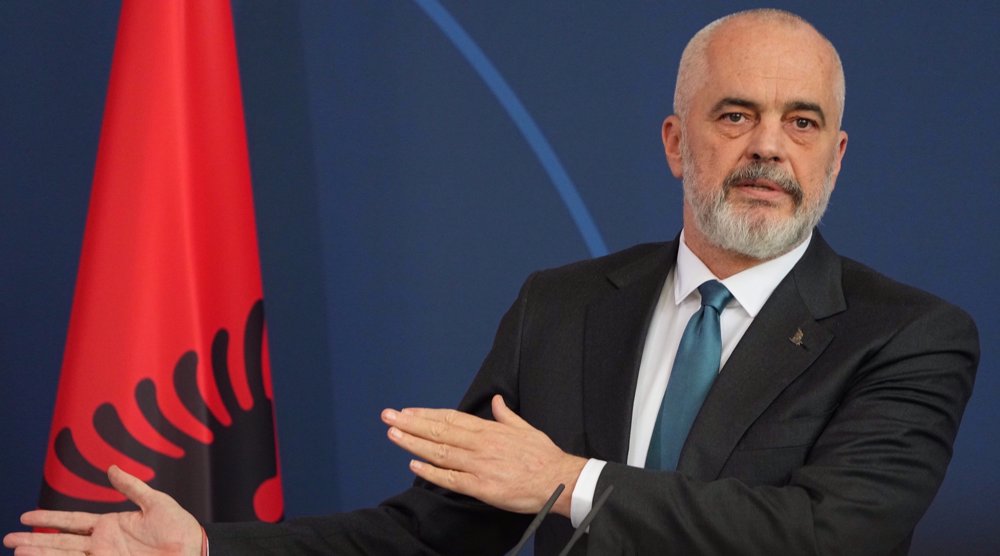

 This makes it easy to access the Press TV website
This makes it easy to access the Press TV website